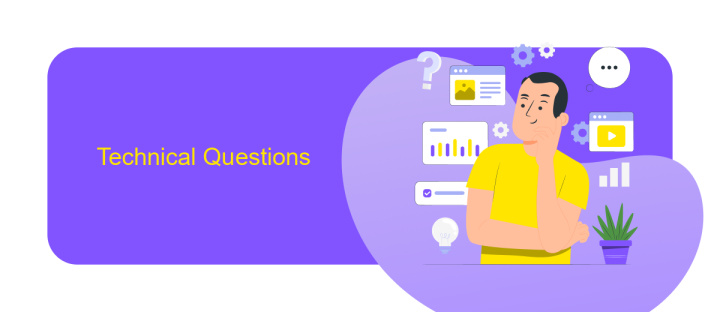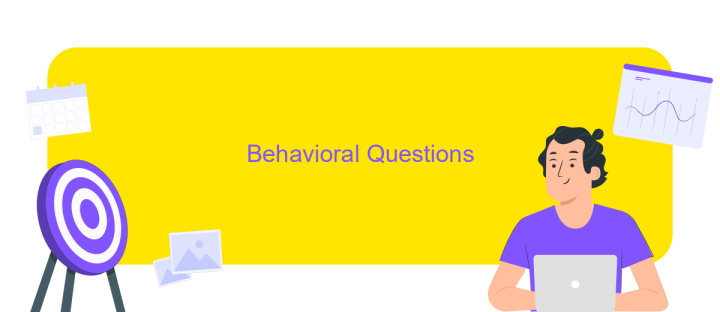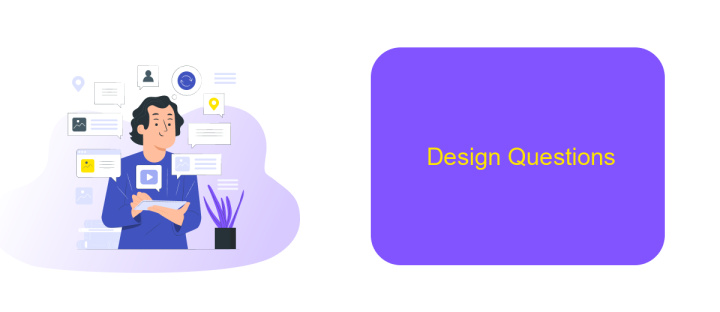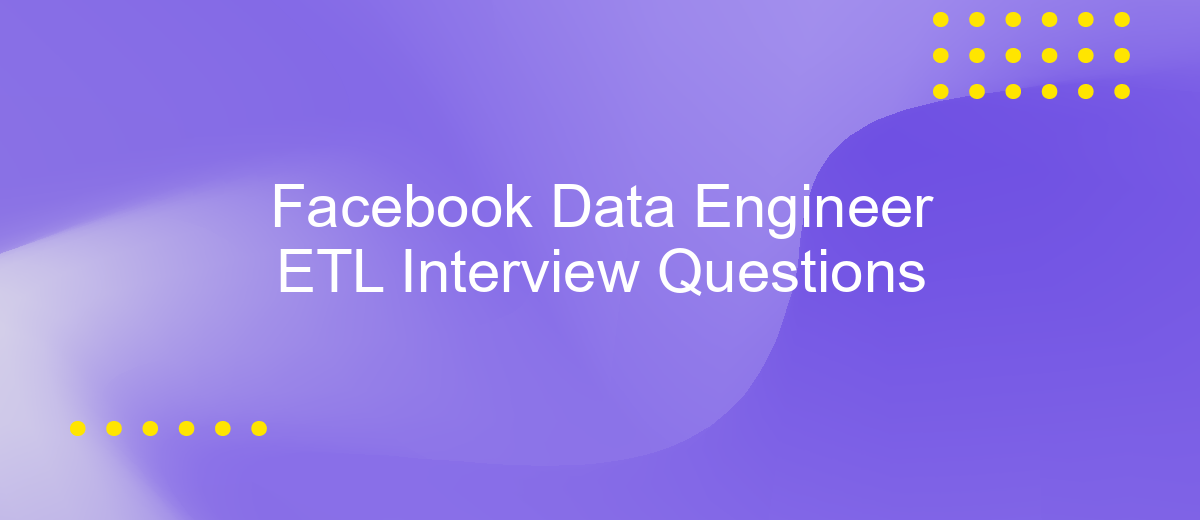Facebook Data Engineer ETL Interview Questions
Preparing for a Facebook Data Engineer ETL interview can be a daunting task, given the complexity and depth of the questions you may face. This article aims to guide you through some of the most commonly asked ETL-related questions, offering insights and tips to help you succeed. Whether you're a seasoned professional or a newcomer, these questions will help you prepare effectively.
Introduction
Preparing for a Facebook Data Engineer ETL interview can be a challenging yet rewarding experience. This role requires a deep understanding of data extraction, transformation, and loading processes, as well as proficiency in various tools and technologies. To help you navigate through this process, we've compiled a list of essential interview questions that you might encounter.
- What ETL tools are you familiar with?
- Can you explain the differences between ETL and ELT?
- How do you handle data quality issues?
- Describe a challenging ETL process you have worked on.
- What experience do you have with cloud-based ETL solutions?
Understanding these questions and preparing thoughtful answers can significantly boost your confidence during the interview. Additionally, familiarizing yourself with integration services like ApiX-Drive can provide you with an edge, as it simplifies the process of connecting various data sources and automating workflows. Good luck with your interview preparation!
Technical Questions

When preparing for a Facebook Data Engineer ETL interview, expect to encounter a variety of technical questions that assess your knowledge of data engineering principles. You may be asked to explain the ETL (Extract, Transform, Load) process, including the tools and technologies you have used. Be ready to discuss specific scenarios where you optimized ETL pipelines for performance and reliability. Questions could also cover your experience with SQL and NoSQL databases, data warehousing solutions, and cloud platforms like AWS or Google Cloud.
Another key area may involve integration services and how you manage data flows between different systems. For instance, you might be asked about your familiarity with ApiX-Drive, a service that facilitates seamless data integration across various platforms. Understanding how to set up automated workflows and troubleshoot integration issues using such tools will demonstrate your practical skills. Additionally, be prepared to solve coding challenges that test your ability to manipulate and analyze large datasets efficiently.
Behavioral Questions

During a Facebook Data Engineer ETL interview, you can expect a variety of behavioral questions designed to assess your problem-solving skills, teamwork, and adaptability. These questions aim to understand how you handle challenges and collaborate with others in a professional setting.
- Can you describe a time when you had to troubleshoot a complex ETL process? What steps did you take to resolve the issue?
- How do you prioritize tasks when working on multiple ETL projects with tight deadlines?
- Tell us about a situation where you had to work with a cross-functional team to implement a data integration solution. How did you ensure effective communication and collaboration?
- Have you ever faced a scenario where you had to integrate data from multiple sources? How did you manage the integration process, and what tools did you use?
- Describe a time when you identified an opportunity to improve an existing ETL process. What changes did you propose, and what was the outcome?
These questions are designed to gauge your experience and approach to real-world scenarios. Demonstrating your ability to handle complex ETL processes, prioritize tasks, and work effectively with teams will help you stand out. Mentioning tools like ApiX-Drive for seamless data integration can also showcase your knowledge of modern solutions.
Design Questions

When preparing for a Facebook Data Engineer ETL interview, it's crucial to understand the importance of designing efficient and scalable data pipelines. One of the key aspects to focus on is how to handle large volumes of data while ensuring minimal latency and high accuracy. Considerations should be made for data storage solutions, data processing frameworks, and error handling mechanisms.
Another critical area is the integration of various data sources and services. For instance, using tools like ApiX-Drive can simplify the process of connecting different APIs and automating data workflows. This can significantly reduce the manual effort required and ensure that data is consistently updated across all systems.
- Designing scalable ETL pipelines
- Choosing appropriate data storage solutions
- Implementing error handling and data validation
- Integrating data from multiple sources using ApiX-Drive
In your interview, be prepared to discuss specific design decisions you would make for optimizing data flow and ensuring data integrity. Demonstrating your ability to leverage tools like ApiX-Drive to streamline integrations can set you apart as a well-rounded candidate.
Follow-Up Questions
During your interview for a Data Engineer position at Facebook, it’s crucial to ask follow-up questions to demonstrate your interest and understanding of the role. Consider asking about the specific ETL tools and technologies the team uses. Inquire about the data pipeline architecture and how it handles scalability and reliability. This shows that you are thinking about the practical aspects of the job and are eager to understand the technical environment you would be working in.
You might also want to ask about the integration of third-party services for ETL processes. For instance, you could mention tools like ApiX-Drive, which facilitate seamless integrations between various applications and services. Asking how the team approaches integrating such tools can give you insight into their workflow and the flexibility of their data infrastructure. Additionally, it can highlight your knowledge of modern integration solutions and your proactive approach to problem-solving.
FAQ
What is ETL and why is it important for a Facebook Data Engineer?
What are some common challenges faced during the ETL process?
How do you ensure data quality during the ETL process?
Can you explain the role of automation in ETL processes?
What are some best practices for designing scalable ETL pipelines?
Strive to take your business to the next level, achieve your goals faster and more efficiently? Apix-Drive is your reliable assistant for these tasks. An online service and application connector will help you automate key business processes and get rid of the routine. You and your employees will free up time for important core tasks. Try Apix-Drive features for free to see the effectiveness of the online connector for yourself.

